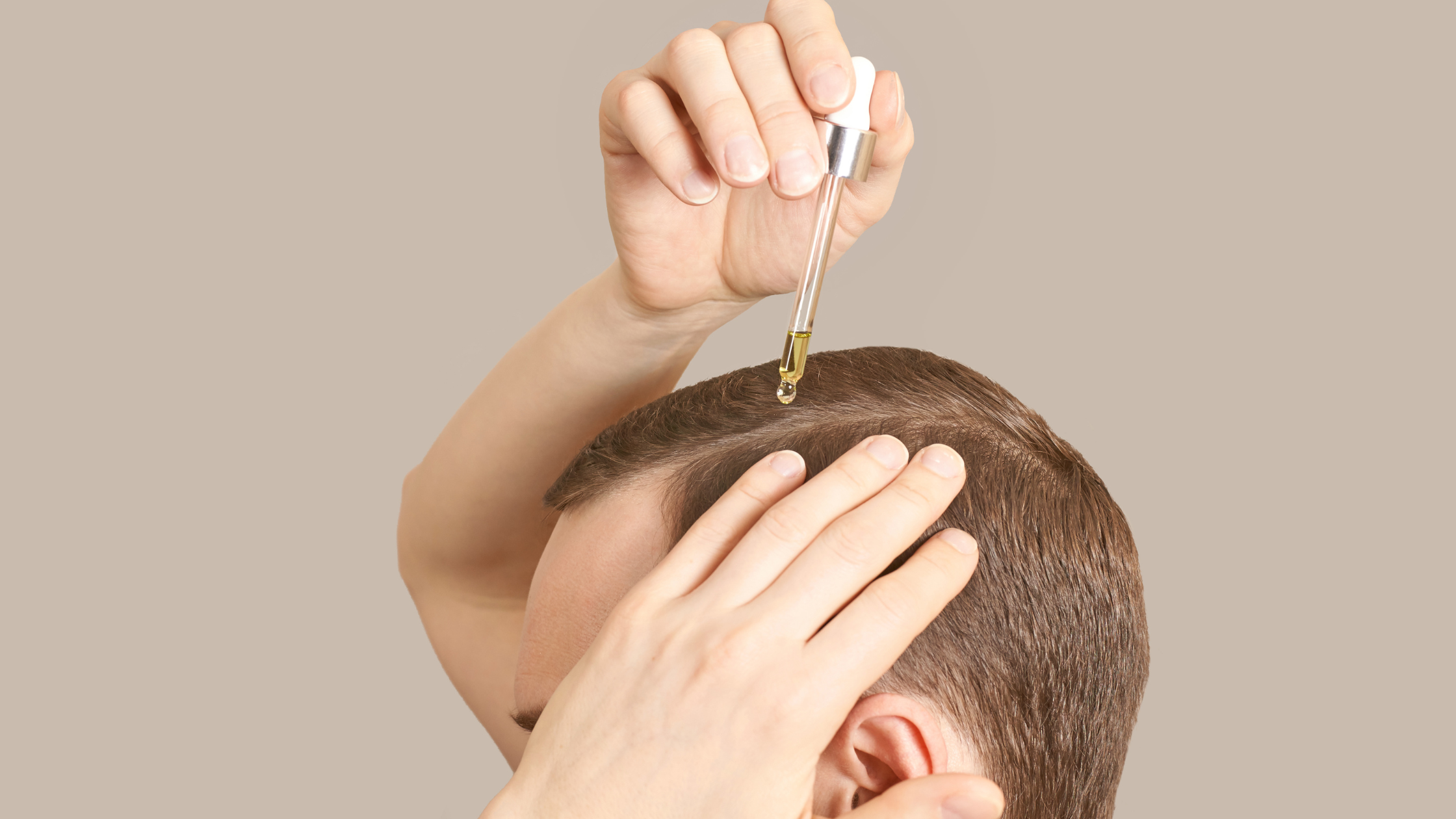What is Spironolactone for Hair Loss?

Unexpected hair loss can be a difficult experience, but there are medications that can help halt or reverse it. Spironolactone is one such treatment, and it has proven effective at combating hormone-related hair loss in women. In this article, we will explore what spironolactone is, its role in managing hair disorders, how it works, and important facts for those considering its use.
What is Spironolactone?
Spironolactone is primarily known as a diuretic, meaning a type of drug that helps reduce fluid buildup in the body (edema). It is used to treat conditions like high blood pressure, liver disease, and heart failure. However, spironolactone is also an antiandrogen. That means it can stop male hormones like testosterone from working.
Spironolactone may be able to help in managing hair disorders related to female pattern hair loss, a condition known as androgenetic alopecia. This is because in some cases this condition is triggered by androgens, or male hormones.
Anti-androgenic properties make spironolactone a valuable option for individuals experiencing hair loss associated with hormonal factors like polycystic ovary syndrome (PCOS), Cushing syndrome, diabetes, and other endocrine disorders that can lead to abnormally high levels of testosterone in women.
How Does Spironolactone Work?
Spironolactone can treat the effects of hormone imbalances by blocking excess testosterone. Effects of excess testosterone include excess hair growth, acne, and irregular periods. Although androgens can cause extra hair growth in some areas, hormone imbalances can also contribute to hair loss by affecting the hair follicles. Spironolactone can help to slow down or reverse these symptoms.
Using spironolactone alongside other hair loss treatments such as minoxidil can produce even better results, but spironolactone is also a good choice for patients who do not respond well to, or cannot take minoxidil.
How is Spironolactone Applied for Hair Loss?
Spironolactone is usually delivered as an oral (pill or capsule) medication. The exact dosage depends on the patient's individual needs, and it may take several months or more before the effects of spironolactone become visible. For this reason, it's important to stick to a prescribed dosage and only adjust the amount of spironolactone you take under medical guidance.
In addition to oral administration, spironolactone can also be applied topically. Topical spironolactone comes in the form of creams or serums that can be applied directly to the scalp. This method of application can be particularly useful for those who experience side effects with oral spironolactone or prefer a localized treatment for hair loss.
Does Spironolactone Have Any Other Uses Besides Hair Loss?
Spironolactone has a wide range of uses. As a diuretic, it helps to reduce edema and other side effects of heart failure and liver disease. It can also reduce high blood pressure by limiting the amount of salt absorbed by the body. Spironolactone can also help to treat the effects of endocrine disorders such as PCOS and Cushing’s.
Does Spironolactone Have Any Side Effects?
As with any medication, spironolactone may have potential side effects. These are typically related to the ways spironolactone works on the body. Common side effects include lower blood pressure, which may cause dizziness or blurred vision, increased potassium levels (hyperkalemia) which may cause irregular heartbeat, and menstrual cycle disruption. Because spironolactone is a diuretic, it can also increase the frequency of urination.
Some of these side effects can be serious if left unaddressed, so it’s important to only take spironolactone as prescribed and notify a physician of any adverse interactions.
Who Can Use Spironolactone?
Spironolactone is generally well-tolerated, but it may not be suitable for everyone. People who are pregnant or trying to conceive should avoid spironolactone as it may harm a developing fetus. Spironolactone users are typically advised to ensure they are also taking adequate birth control to prevent accidental pregnancy during use.
In addition, people with kidney problems or high potassium may not be suitable candidates for Spironolactone.
Final Thoughts
Spironolactone is a powerful medication for treating hormonal hair loss, but it does come with side effects that may impact some patients. As such, it's important to only take spironolactone under medical guidance and always inform any doctor of all your medications and diagnoses before starting a new treatment, and seek medical advice if you experience any unusual or concerning side effects.
If you are looking for a personalized approach to hair loss treatment, Qyral can connect you with licensed physicians who specialize in hair loss. Start regrowing your hair by taking our hair loss assessment quiz today!
The information in this blog post is intended for educational purposes only and is meant to offer general guidance and information. It does NOT offer medical advice or medical treatment, does NOT constitute the practice of medicine, and should NOT be used as a replacement for licensed medical instruction.